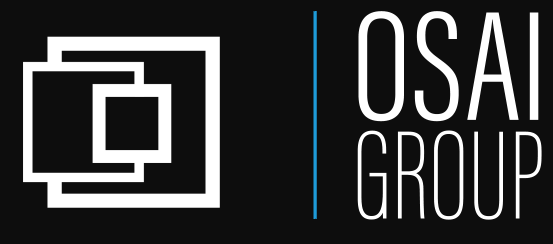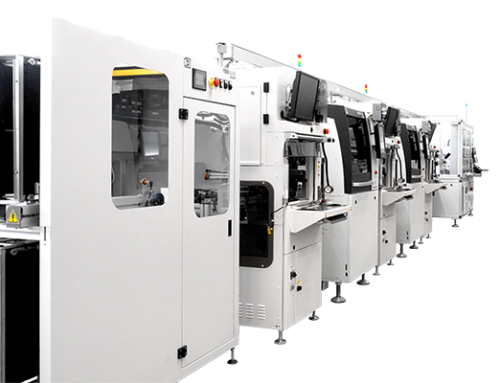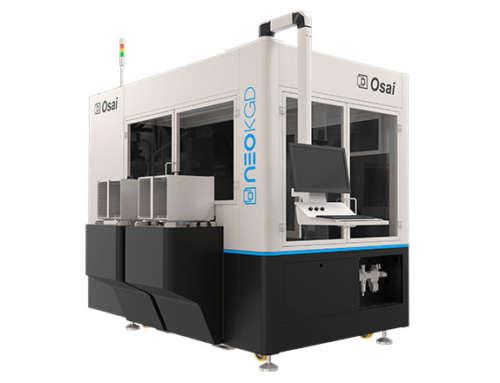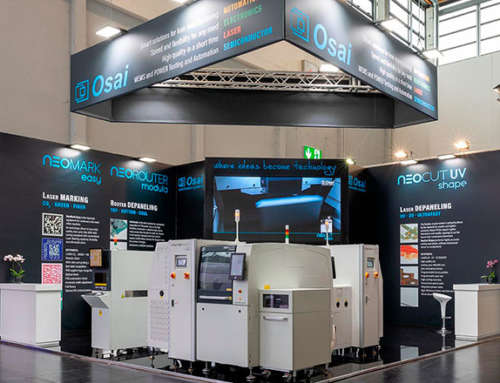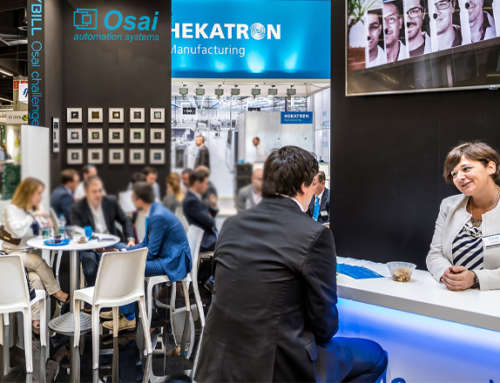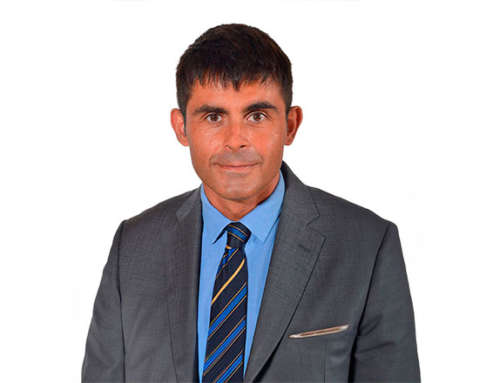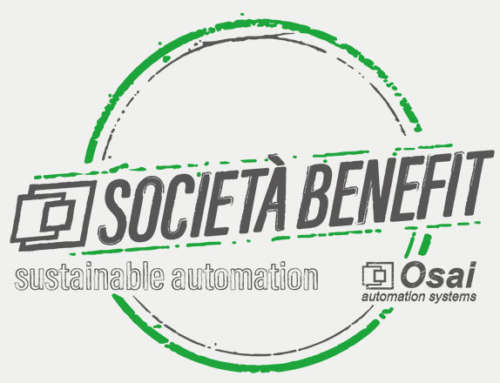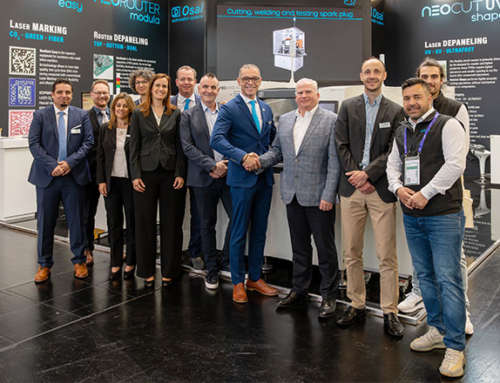
Le nostre innovazioni non nascono tutte a Parella: Osai, infatti, prende parte a numerosi progetti di ricerca e sviluppo finanziati dall’Unione Europea (Programma di Ricerca e Innovazione Horizon 2020 in passato Programma FP7) che grazie alla collaborazione ed al lavoro svolto con partner internazionali si concretizzano in nuovi processi e tecnologie per il futuro.
Dal 2015 Osai partecipa al progetto ADIR (sito web) il cui obiettivo è quello di realizzare un sistema automatico per il riciclo dei metalli rari e preziosi, estraendoli dai dispositivi elettronici dismessi (pc, cellulari, tablet, etc).
L’intento del progetto è quello di realizzare una nuova tecnologia per lo sfruttamento della miniera urbana rappresentata dai componenti elettronici obsoleti alla quale le prossime generazioni possano attingere per reperire i metalli rari e preziosi ormai scarsi in natura.
Ad Osai è affidato il compito di progettare e sviluppare una stazione per l’estrazione dei componenti elettronici minori all’interno dei quali sono contenuti i metalli preziosi quali Tantalio, Tungsteno e Neodimio.
Il processo progettato da Osai e realizzato sulla stazione dimostrativa si basa sull’impiego di diverse tecnologie: elaborazione di immagini, movimentazione robotica, misurazioni Laser 3D, identificazione Laser dei materiali in tempo reale (per riconoscere i materiali), lavorazioni Laser (per selezione dei componenti e taglio di PCB – ruolo specifico di OSAI) e separazione automatica in differenti categorie di scarto.
Attualmente una stazione ADIR dimostrativa è installata all’interno di un’azienda di riciclo tedesca nella quale verrà impiegata e monitorata per raccogliere informazioni sul campo e per la validazione del processo.
I materiali di riciclo ottenuti saranno quindi analizzati con attenzione al fine di valutare al meglio le potenziali possibilità di re-utilizzo.
Il progetto ADIR, interamente finanziato dalla Comunità Europea con il supporto di aziende importanti quali Vodafone e Deutsche Telekom, è coordinato dal Fraunhofer Istitute, il più grande istituto di ricerca Europeo e prevede la sua conclusione nel 2019 in seguito alla quale si valuteranno le possibilità di commercializzazione.
Per qualsiasi ulteriore informazione è possibile consultare i seguenti siti online:

Our innovations don’t arise just inside our headquarter: Osai A.S. S.p.A. takes part to several R&D projects , supported by EU (Horizon 2020 research and innovation programme, and FP7 programme) that thanks to collaboration and work performed together with international partners turn themselves into new processes and technologies for the future.
Since 2015 Osai has been involved in ADIR project (website) whose aim is to realize an automated disassembly system for high-value metals recovery from neglected electronic equipment (pc, tablet and mobile phones).
The project wants to realize a new technology for the exploitation of urban mining, composed by electronic small dismissed electronic components and from which next generation could recover rare and high-value metals, not easy to find inside nature today.
Osai task is to design and develop a system for electronic components within which are contained precious metals such as Tantalio, Tungsteno and Neodymium.
The process designed by Osai and carried out with the demonstration station is based on various technologies: image processing, robotic handling, pulsed power technology, 3D Laser measurement, real-time Laser material identification (to detect materials), Laser processing (to access components, to selectively unsolder these; to cut off parts of a printed circuit board – OSAI’ roles), and automatic separation into different sorting fractions.
Currently a demonstrative ADIR station is installed inside a German recycling company where it will be used and monitored to collect information on the field and for process checking.
Recycled materials obtained will be analyzed carefully in order to better evaluate their potential for re-use.
The ADIR project, is fully supported by the European Community with the cooperation of various between major companies such as Vodafone and Deutsche Telekom, is coordinated by the Fraunhofer Istitute, the largest European research institute and it expects to be completed in 2019, when it will be possible to evaluate mass production’s possibilities.
To know more:

Unsere Innovationen entstehen nicht nur in unserer Zentrale: Osai A.S. S.p.A. nimmt an verschiedenen Forschungs- & Entwicklungsprojekten teil, die von der EU unterstützt werden (Horizon 2020 Forschungs- und Innovationsprogramm und FP7-Programm) und sich dank der Zusammenarbeit mit internationalen Partnern in neue Prozesse und Technologien für die Zukunft verwandeln.
Seit 2015 war Osai am ADIR-Projekt (website) beteiligt, dessen Ziel es ist, ein automatisiertes Demontagesystem für die Rückgewinnung von hochwertigen Metallen aus elektronischen Altgeräten (PCs, Tablets und Mobiltelefone) zu entwickeln.
Das Projekt möchte eine neue Technologie für die Nutzung des sogenannten „Urban Mining“ realisieren. Das bedeutet, dass die nächste Generation aus dem kleinen Elektronikschrott seltene und hochwertige Metalle gewinnen kann, die heute in der Natur nicht mehr so häufig vorkommen.
Als Partner im Projekt besteht die Aufgabe von Osai darin, ein System für elektronische Komponenten zu entwickeln, in denen Edelmetalle wie Tantal, Wolfram und Neodymium enthalten sind.
Das von Osai konzipierte und mit der Demostation ausgeführte Verfahren basiert auf verschiedenen Technologien: Bildverarbeitung, robotergesteuertes Handling, Pulsed Power-Technologie, 3D-Lasermessung, Echtzeit-Lasermaterialidentifizierung (zum Erkennen von Materialien), Laserbearbeitung (für den Zugriff auf Komponenten), um diese selektiv abzulöten; um Teile einer Leiterplatine abzuschneiden – Aufgaben von OSAI), und automatische Trennung in verschiedene Sortierfraktionen.
Derzeit ist eine ADIR-Demostation in einem deutschen Recycling-Unternehmen installiert, wo sie eingesetzt und überwacht wird um Informationen zum Feld und zur Prozesskontrolle zu sammeln.
Die erhaltenen recycelten Materialien werden sorgsam analysiert, um ihr Potential für die Wiederverwendung besser zu evaluieren.
Das ADIR-Projekt wird gänzlich von der Europäischen Gemeinschaft mit der Zusammenarbeit zwischen verschiedenen Großunternehmen wie z.B. Vodafone und Deutsche Telekom unterstützt, wird vom Fraunhofer-Institut, dem größten europäischen Forschungsinstitut, koordiniert und soll 2019 abgeschlossen sein, wenn es möglich ist, die Möglichkeiten der Massenproduktion zu bewerten.
Mehr erfahren:

Our innovations don’t arise just inside our headquarter: Osai A.S. S.p.A. takes part to several R&D projects , supported by EU (Horizon 2020 research and innovation programme, and FP7 programme) that thanks to collaboration and work performed together with international partners turn themselves into new processes and technologies for the future.
Since 2015 Osai has been involved in ADIR project (website) whose aim is to realize an automated disassembly system for high-value metals recovery from neglected electronic equipment (pc, tablet and mobile phones).
The project wants to realize a new technology for the exploitation of urban mining, composed by electronic small dismissed electronic components and from which next generation could recover rare and high-value metals, not easy to find inside nature today.
As only Italian partner inside the project, Osai task is to design and develop a system for electronic components within which are contained precious metals such as Tantalio, Tungsteno and Neodymium.
The process designed by Osai and carried out with the demonstration station is based on various technologies: image processing, robotic handling, pulsed power technology, 3D Laser measurement, real-time Laser material identification (to detect materials), Laser processing (to access components, to selectively unsolder these; to cut off parts of a printed circuit board – OSAI’ roles), and automatic separation into different sorting fractions.
Currently a demonstrative ADIR station is installed inside a German recycling company where it will be used and monitored to collect information on the field and for process checking.
Recycled materials obtained will be analyzed carefully in order to better evaluate their potential for re-use.
The ADIR project, is fully supported by the European Community with the cooperation of various between major companies such as Vodafone and Deutsche Telekom, is coordinated by the Fraunhofer Istitute, the largest European research institute and it expects to be completed in 2019, when it will be possible to evaluate mass production’s possibilities.
To know more:
